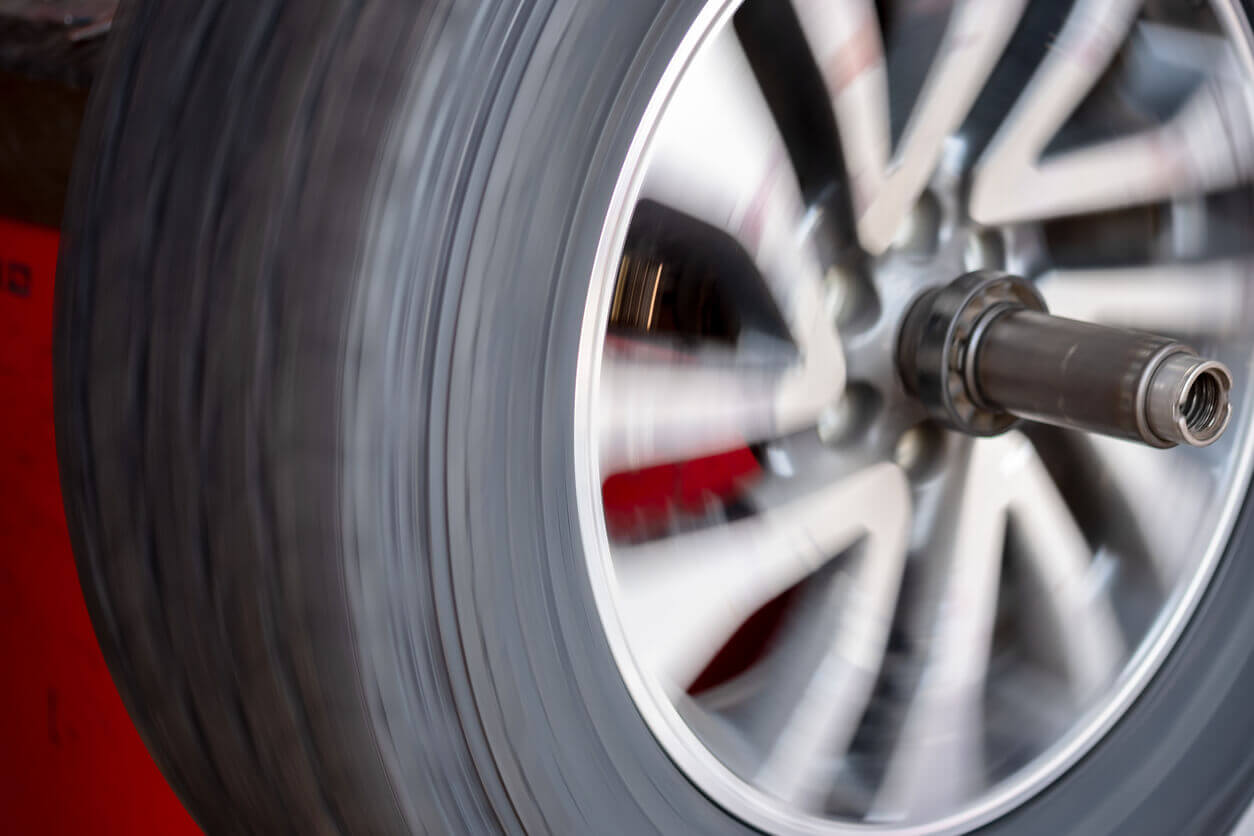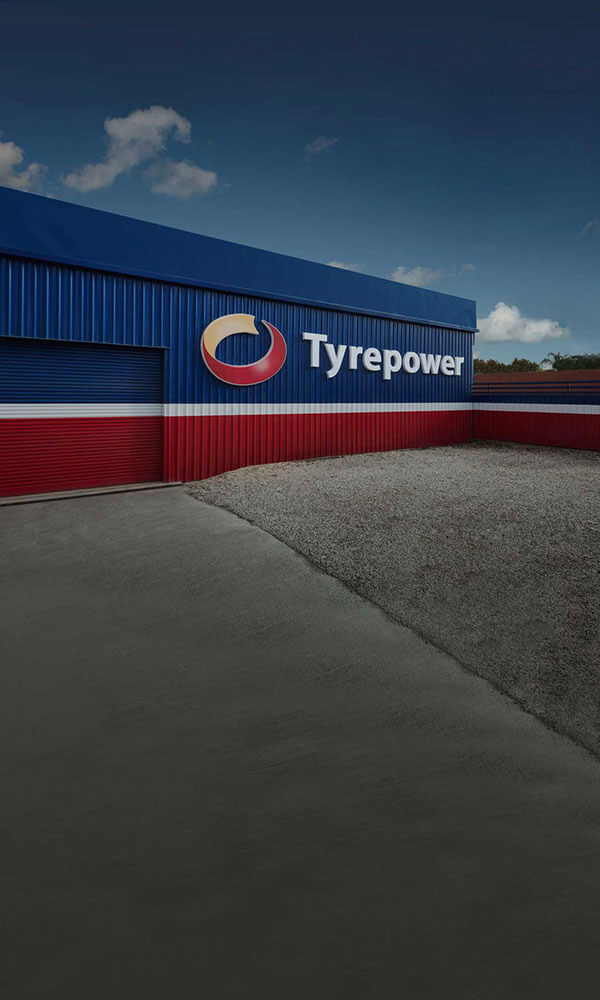Everything you need to know about wheel balancing
When it comes to taking care of your tyres, everyone knows about maintaining the correct tyre pressure and wheel alignments. Ensuring your wheels are properly balanced seems to take a very distant third, or even fourth place, when it comes to making sure your tyres last as long as possible.
It's not only tyres that benefit from being balanced, your entire suspension system can be affected over the long term by an imbalance.
What is Wheel Balancing?
The process of performing a wheel balance is simple; your wheel, with your tyre fitted to it, is mounted onto a machine that spins the wheel up to a certain speed and measures for any vibrations.
The computerised machine knows the amplitude of the vibrations, and the speed that the tyre is being spun and can specify exactly how much weight is to be added, and where the weights should be placed.
Wheel weights are typically made of lead; an inert, corrosion resistant, cheap but most importantly, very dense metal that works great for this purpose.
Why do Wheels Need Balancing?
Tyres and wheels both typically have some kind of imbalance from brand new. This is due to a variety of factors including manufacturing tolerances.
Wheels typically have a heavier spot where the rim is reinforced near the valve you use to put air in your tyres. This is by design.
Meanwhile, tyres are made up of many interfacing layers of materials including steel, nylon cords, multiple layers of synthetic and natural rubbers and so on.
Where these multiple layers overlap and are bonded together, there is the potential for the tyre to have heavy and light portions.
Why is Balancing so Important?
Even in a worst case scenario, the total amount of imbalance may only be in the tens of grams. The issue is that every time your speed doubles, the imbalance forces quadruple, which can quickly result in a shaky ride.
Vibrations while driving aren’t just a nuisance, over time they can cause uneven tyre wear, and premature damage to items like wheel bearings, suspension bushings and shock absorbers.
Uneven tyre wear, physical damage to the wheel and tyre or simply some of the existing wheel weights coming loose can all affect wheel balance.
When do I Need a Wheel Balance?
Just get your wheel balance checked when you book your vehicle in for a tyre rotation.
A tyre rotation is where we pull the wheels off your car and put them on different corners of the vehicle. This ensures that all tyres wear evenly and you get the longest possible time between purchasing new tyres.
Since your wheels are already off the vehicle, putting them on the balancer is a quick and simple extra step.
We recommend a tyre rotation and balance every 10,000kms.

What Are The Signs I Need a Wheel Balance?
Generally, once wheels and tyres are balanced, they’re good to go for the life of the tyre, but occasionally potholes, impacts with curbs or uneven tyre wear can throw that balance out of spec.
If you’re experiencing any of the following symptoms, contact Tyrepower today!
- Your steering wheel shakes while driving
- Unusual tyre noise, like a thumping sound
- Vehicle pulling to one side or another
- You notice missing wheel weights or evidence of weights falling off
- Your tyres have uneven wear
Contact us today!
Contact Tyrepower today and book your vehicle in if you have any of the above symptoms. A wheel balance is a cheap and effective way to avoid uneven tyre wear as well as help your vehicle drive just like new.

